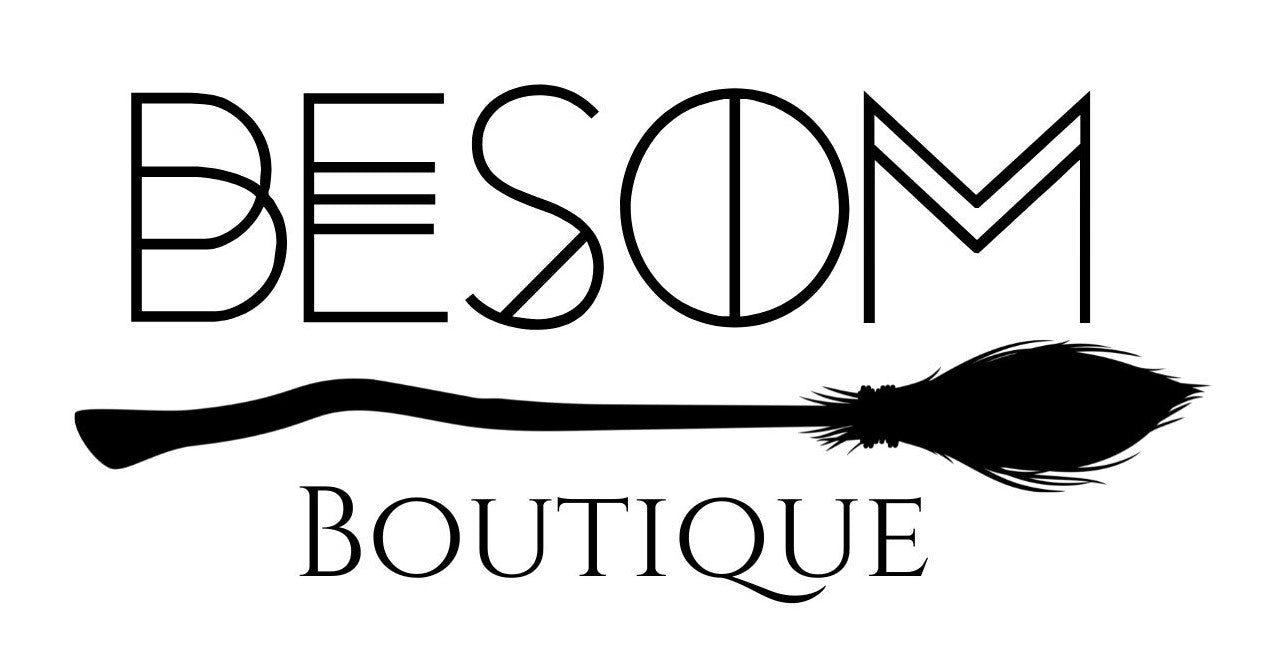April Fools' Day, celebrated on the first of April each year, is a time for playful pranks, harmless jokes, and good-natured trickery. But behind the laughter lies a history shrouded in mystery and superstition, with intriguing connections to the world of witchcraft. To understand the origins of April Fools' Day and its ties to witchcraft, we must delve into the annals of history and explore the folklore and traditions that have shaped this curious holiday.
The origins of April Fools' Day are uncertain, with several theories tracing its roots to different cultures and practices. One popular belief links the holiday to the transition from the Julian to the Gregorian calendar in the 16th century, when New Year's Day was moved from April 1st to January 1st. According to this theory, those who continued to celebrate the old New Year's Day in April were mocked and played pranks on, thus giving rise to April Fools' Day.
However, another compelling theory suggests a deeper connection between April Fools' Day and ancient pagan festivals, particularly those honoring the arrival of spring. In pre-Christian times, spring equinox celebrations marked the end of winter and the awakening of the earth's fertility. These festivities often included rituals to ward off evil spirits and ensure a bountiful harvest.
Witchcraft, with its associations with magic, nature, and the supernatural, was intertwined with these ancient spring rituals. Witches were believed to possess special powers to manipulate the forces of nature, and their presence was both feared and revered. In some cultures, April 1st was considered a day when witches and other supernatural beings were especially active, leading to heightened superstitions and cautionary practices.
Furthermore, the concept of the "April Fool" itself may have ties to witchcraft. In medieval Europe, individuals accused of witchcraft were often subjected to public ridicule and humiliation. They were branded as fools and paraded through the streets while being mocked and jeered at by the townspeople. This public shaming served not only to punish the accused but also to reinforce societal norms and beliefs.
Over time, as attitudes towards witchcraft evolved and superstitions waned, April Fools' Day became more lighthearted and playful. The focus shifted from scapegoating individuals to harmless pranks and practical jokes. Yet, echoes of its witchcraft origins still linger in the traditions and folklore associated with the holiday.
In some cultures, certain customs observed on April Fools' Day bear resemblance to ancient rituals aimed at warding off evil spirits. For example, in parts of Europe, it was customary to wear disguises or masks on April 1st to confuse and repel malevolent entities. Similarly, the practice of playing pranks and tricking others can be seen as a modern-day manifestation of the ancient belief in the power of deception to thwart supernatural forces.
While the origins of April Fools' Day remain shrouded in mystery, its connections to witchcraft offer a fascinating glimpse into the intersection of folklore, superstition, and human nature. Whether viewed as a relic of pagan spring festivals or a remnant of medieval witch hunts, April Fools' Day continues to intrigue and amuse us with its timeless tradition of playful mischief. So, as you engage in the festivities of April 1st, remember the ancient spirits that may still linger in the shadows, and approach the day with a sense of wonder and curiosity. After all, you never know when a mischievous witch might be lurking just around the corner, ready to cast a spell of laughter upon you.









